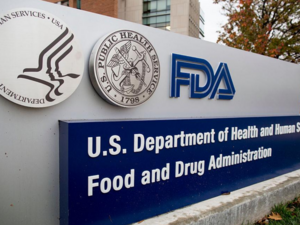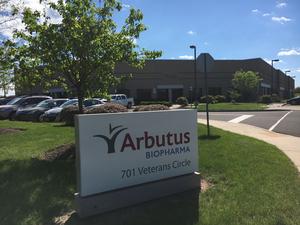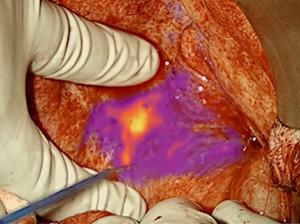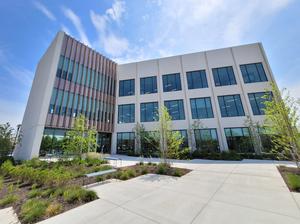
This week's Philadelphia-area life sciences news includes details on a major grant for Penn Medicine supporting research to help kidney transplant patients, NRx Pharmaceutical's latest push for its experimental Covid-19 therapy and a new drug application for a cancer treatment.
Here's the roundup:
Penn Medicine
The National Institutes of Health awarded Penn Medicine a seven-year, $14 million grant to promote organ transplantation with the use of chimeric antigen receptor (CAR) T cells in patients with end-stage renal disease who are currently on the waitlist for a kidney transplant.
The grant will support the launch of a clinical trial by Penn researchers, who will attempt to harness synthetic CAR T cells for use in patients for whom a compatible kidney cannot be found due to pre-existing antibodies against potential donors.
A team at Penn led by Dr. Carl June developed a CAR T-cell therapy, licensed by Novartis and marketed under the brand name Kymriah, that in 2017 became the first Food and Drug Administration-approved personalized cellular therapy for cancer.
CAR T-cell therapy is a form of immunotherapy that uses specially altered T cells — a part of the body's immune system — to improve the ability of a person's immune system to identify and attack cancer cells. The process involves taking patient T cells from a blood sample, and modifying them to produce structures called chimeric antigen receptors, or CARs, on their surface. The CAR T-cells are then reinfused into the patient.
Penn researchers are now looking to apply the technology for use in kidney transplants.
About 97,000 people are on the waiting list for a kidney transplant in the United States.
According to Penn, a major barrier to a successful transplantation for some patients is the existence of pre-formed antibodies against potential organ donors. Those pre-formed antibodies can result from a pregnancy, blood transfusion or previous organ transplants.
“Engineering novel cellular immunotherapies to help improve access to kidney transplants is an exciting area of research for a unique patient population in great need of lifesaving organs,” said Dr. Ali Naji, a professor of surgical research in Penn's Perelman School of Medicine and the principal investigator of the study. “We’re committed to discovering an approach to help these currently transplant-ineligible end-stage renal disease patients find a path forward to an organ match.”
In the study, two experimental CAR T-cell therapies developed at Penn will be used to deplete immune B cells and plasma cells that make donor-specific antibodies with the hope of achieving a compatible kidney match.
June, who serves as the director of Penn's Center for Cellular Immunotherapies and the Parker Institute for Cancer Immunotherapy at Penn’s Abramson Cancer Center, said he believes CAR T cells represent a "powerful and specific therapy" targeting immune cells that produce antibodies that can prevent successful transplantations. He said by combining two CAR T therapies targeting antigens that are found on B cells and plasma cells, researchers hope to achieve successful kidney transplants in patients with the pre-existing antibodies.
The trial, which intends to begin enrolling patients by the end of 2022, will be offered at three sites. Penn will be the lead site. The other two sites will be Massachusetts General Hospital/Harvard University and New York University Langone Health.
NRx Pharmaceuticals
The Radnor biopharmaceutical company filed a new breakthrough therapy designation request for Zyesami, its experimental Covid-19 therapy, with the Food and Drug Administration.
The designation, if approved, expedites the drug development and review process for a new drug candidate designed to treat a serious condition.
NRx's application is focused on the use of Zyesami in patients with critical Covid-19 and respiratory failure who are at immediate risk of death despite treatment with Remdesivir and other approved therapies.
NRx (NASDAQ: NRXP) filed the request after the FDA's request for clinical data comparing Zyesami and Remdesivir in such high risk patients.
According to the company, Zyesami has demonstrated a "statistically significant two-fold increased odds of survival" compared to placebo across all patients and hospitals studied in a randomized trial of 196 patients. Additionally, the company noted, in 70% of patients who were already treated with Remdesivir and continued to progress despite all approved therapies, Zyesami has demonstrated a four-fold increased odds of survival compared to placebo at 60 days, and those treated with Zyesami after Remdesivir has failed demonstrated a three-fold increased odds of being both alive and free of respiratory failure at both 28 and 60 days, compared to those receiving a placebo.
NRx said the FDA recently declined emergency use authorization and breakthrough therapy designation for Zyesami, but invited the company to submit a new request based on new clinical evidence. Based on the FDA's input, NRx said it has narrowed its breakthrough therapy request to treatment of Covid-19 respiratory failure in patients who progress despite treatment with Remdesivir and other approved therapies.
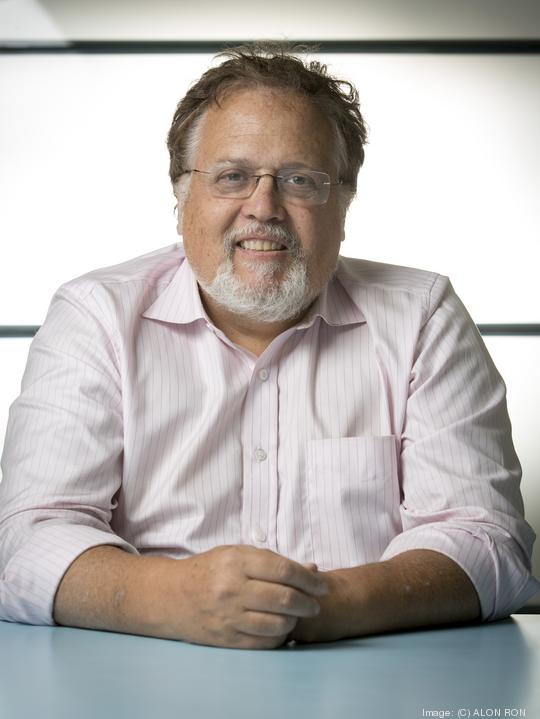
"At a time when America is entering a new Covid-related crisis, we thank the FDA for encouraging us to address the subset of patients who have no other approved treatment," said Dr. Jonathan Javitt, chairman and CEO of NRx Pharmaceuticals, in a statement.
Janssen Pharmaceutical Companies
The North Jersey-based division of Johnson & Johnson (NYSE: JNJ) submitted a biologics license application for teclistamab with the FDA.
Janssen is seeking approval of teclistamab for the treatment of patients with a type of blood cancer known as relapsed or refractory multiple myeloma. Multiple myeloma is an incurable blood cancer that affects white blood cells called plasma cells, which are found in the bone marrow and normally make antibodies which fight infection.

Researchers at Janssen Research and Development in Spring House, which is home to a large group of the company's oncology scientists, played a major role in developing teclistamab.
“Despite all the gains that have been made in treating multiple myeloma, the unmet need still remains very high,” said Dr. Peter Lebowitz, global therapeutic area head, oncology, at Janssen Research and Development.
An estimated 35,000 people in the United States were diagnosed with the disease this year, and more than 12,000 died.
